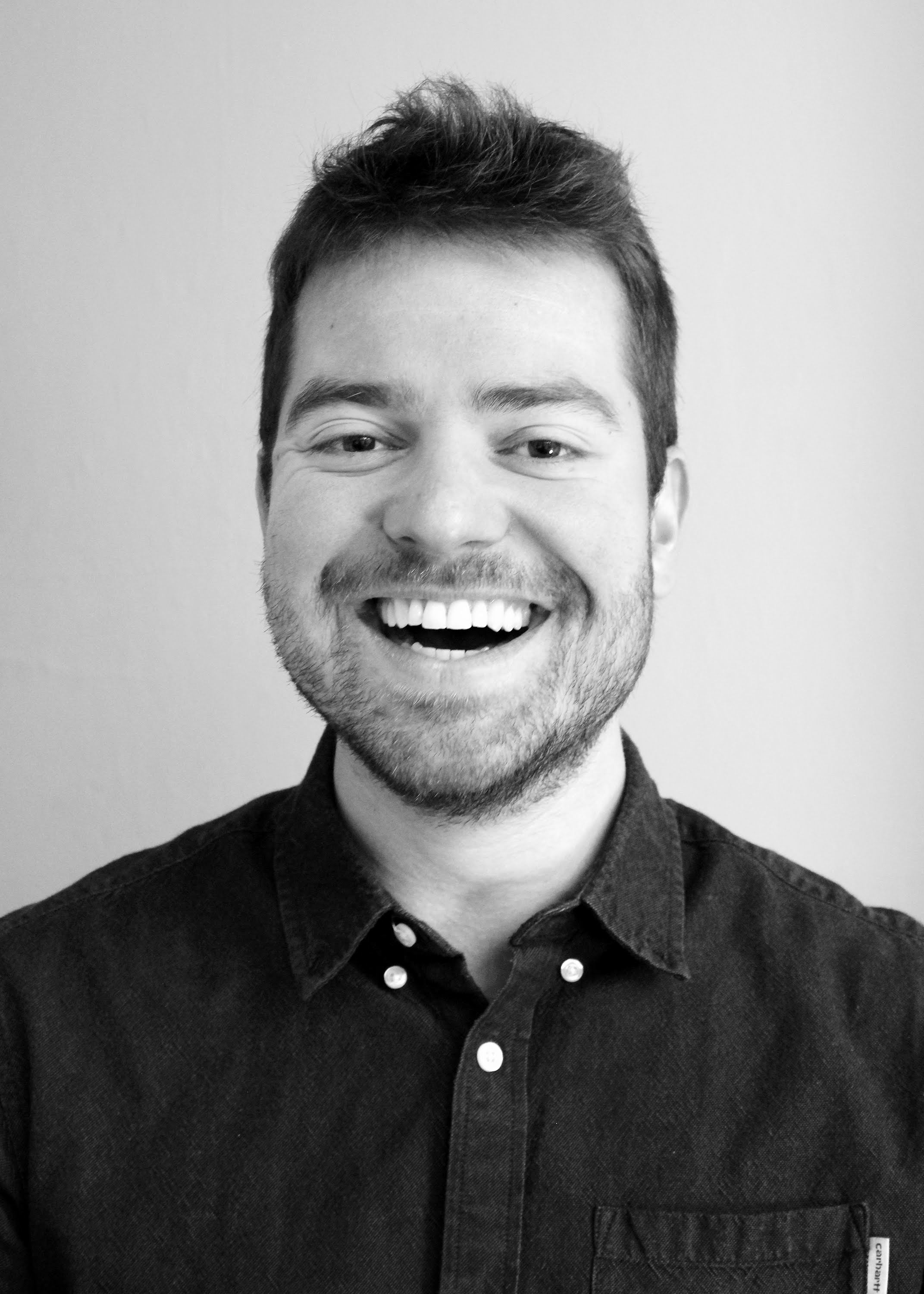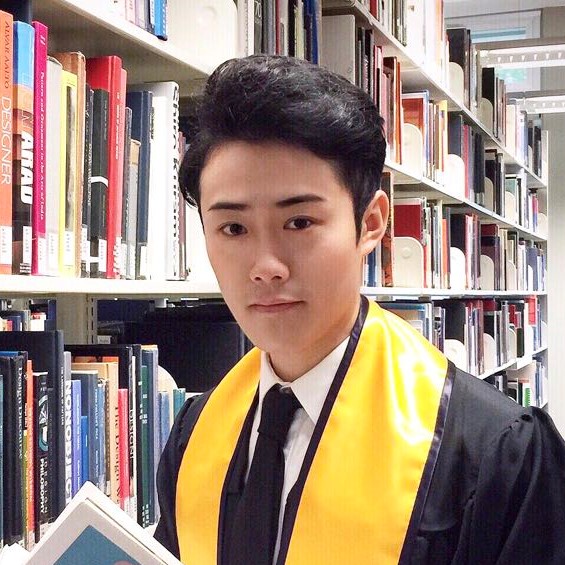Planning for and with Communities to Create Future Cities for All
On the 30th of October, we celebrated World Cities Day 2020, raising awareness about the importance of 'Valuing our Communities and Cities'. Marking the end of the Urban October and to honour this day, UN-Habitat invited programme partners of the UK Prosperity Fund Global Future Cities Programme (GFCP), including city authorities, civil society organisations, delivery partners and international experts to a knowledge-sharing session, creating a room for our partners to exchange their experiences and lessons learned on planning for and with communities during times of COVID-19.
As UN-Habitat's latest World Cities Report emphasises, the value of inclusive participation of all stakeholders plays an essential role in sustainable and inclusive urban development. The knowledge sharing session aimed at unpacking two key aspects: (i) how to deliver effective stakeholder and community involvement throughout the project lifecycle from design through to implementation and monitoring, and (ii) how the ongoing global COVID-19 pandemic influenced and challenged an inclusive stakeholder and community engagement.
While COVID-19 and related movement restrictions initially threatened to limit participatory engagement, many project partners have turned this challenge into an opportunity to innovate and seek out new mechanisms for community involvement. Setting the tone for this knowledge sharing session, the UN-Habitat Participatory Public Space Programme team made an introductory presentation on the topic of stakeholder and community engagement through the use of digital tools. Christelle Lahoud presented insights from the longstanding cooperation between the agency and Microsoft, developing a digital participation tool using Minecraft, a game developed to design your imaginary habitat. UN-Habitat's "Block by Block" team used this software to conduct a spatial analysis while piloting an experimental and digitalised form of participation.
The introduction was complemented with a presentation by Setura Mahdi, Regeneration Communications Manager at Clarion Housing Group, one of the UK's largest housing associations. Discussing the unique impacts that COVID-19 had on different resident groups, including LGBTQ residents, children or elderly persons, Setura Mahdi explained how Clarion adapted their regeneration approach to meet the needs of all residents. Efforts to increase digital inclusion coupled with open-air in-person events that allowed for appropriate social distance during the pandemic. In the following two breakout sessions, the GFCP Partners were able to build on the pioneering examples shared, adding to their ability to rethink participatory methods challenged by the ongoing COVID-19 pandemic.
Stakeholder and community engagement during the project lifecycle
Digitalisation played an essential part in many of the presentations made by our partners. Monique Suksmaningsih, of the Surabaya Urban Transformation Project in Indonesia, for instance, explained the challenges of conducting public hearings to develop a community-led vision with COVID-19 limiting the organisation of community meetings. While a few field surveys, complying to strict health regulations, have been conducted, most interactions with the local community were moved to an online format. Using video-chat software the community was invited to participate in digital focus group discussions, informing the urban transformation strategy for the former red-light district in Surabaya, known as "Dolly".
While moving participation events to a digital and online format seems the most natural solution that many of our partners went for, Caio Scheidegger from Proto Digital in Brazil presented a project that took a slightly different approach.
After a massive increase in Dengue cases within the first quarter of 2020 across the country, Proto Digital developed an open-source approach to conduct city-wide monitoring of the Aedes Mosquito population in Recife. AETRAPP is the name of the application that can easily be downloaded to smartphones and aims to prevent a massive outbreak of Dengue. How it works; local communities are called to participate in what the app's creators call "citizen science". A community-led approach, enabling citizen to build "ovitrampas", traps in which mosquitos lay their eggs. Thanks to the DIY-instructions delivered through the app, users can quickly rebuild these traps with everyday items like an empty soda bottle, paper clips and some paper. After having set up the bait, users then upload a weekly photo of their installed trap, having the app build-in algorithm conduct an automated egg count, providing the information to real-time monitor the Aedes mosquito population in the area.
AETRAPP is a project highlighting how open-source technology becomes more and more essential in supporting the engagement with the local community and a real inspiration to potentially pilot the use of this technology in participatory processes.
A joined presentation by the programme partners in Malaysia, including Maimunah Jaffar, Director of Technology and Innovation at the Iskandar Regional Development Authority, Daniel Lim, Senior Manager at Think City, and Norma Nun, Principal Transport Planner at Mott MacDonald, provided a comprehensive insight into how participation can and must be ensured by all partners, including the city authority, civil society and the private sector.
Concluding the session, experiences were shared from Turkey by Phil Dowrick, representing the Delivery Partner Arup. In his presentation, he discussed the difficulties of planning for those who may not typically be in the room when public consultations are being carried out and whose needs and preferences city leaders, therefore, may not always know. He invited participants to reflect on their personal biases to be able to think beyond the known.
Stakeholder and community engagement during COVID-19
During the second breakout session, presenters shared insightful lessons learned from various countries worldwide coping with the pandemic by collaborating actively with different public and private groups and people, and by exploring innovative means of remote engagements.
Telamide Sesan and Segun Ogunleye from our Future Cities Team in Nigeria (FCN), introduced how they've piloted the use of online tools to foster social inclusion during the COVID-19 pandemic. By trying several online methods, for instance, the use of messenger services like WhatsApp to connect with local communities while being unable to physically meet-up, they found that digital communication tools were useful but no substitute. These communication platforms don't allow for the recreation of group dynamics; neither are they inclusive enough. The FCN, therefore, believes that developing a "potpourri of methods and platforms" is highly necessary.
Dr Gordon Inggs, working for the Data Science Unit of the City of Cape Town, shared his experiences of providing services to informal settlements in times of COVID-19. While the city usually receives an enormous amount of residential service requests about, e.g., blocked or overflow sewers, electricity cuts or the lack of access to water, they are experiencing a dramatic shortfall in these reports due to the current movement restrictions. He explained that many informal settlements are experiencing a "lack of infrastructure, trust, and means, e.g., limited access to a phone, internet, or social media" with this leading to the population not being able to reach out to the city council. Dr Inggs suggested that "using community volunteers to create service requests" and enabling new technology and online platform could mitigate these problems.
Then, Monique Cranna, Project Lead of Future Cities South Africa, presented the Soweto Strategic Area Framework project, which aimed to promote inclusive and sustainable development in Soweto Area, Johannesburg. Cranna pointed out that if it was impossible to have face-to-face engagement during a lockdown period, the city might need to choose to go virtual by holding workshops via MS Teams and conducting telephone interviews and email surveys. She further highlighted that "communities want[ed] to be engaged", and they want[ed] such engagements "to be more meaningful, not just as a tick-box"".
Later, Dr Seda Özdemir, Sustainable Urban Mobility Plan (SUMP) Project Team Member and Directorate of Transportation Planning, Istanbul Metropolitan Municipality, presented the city's SUMP that would "drive more inclusive, innovative and integrated performance-based mobility for all citizens in Istanbul". From Dr Özdemir's perspective, participation process – cooperation with key stakeholders – is crucial in project development. She underscored that "minority groups, representatives of religious groups, refugees and asylum seekers, and LGBT community" shouldn't be excluded from the potential stakeholders' map.
Lastly, Deputy Leader of Future Cities Brazil, Rafael Colnago, introduced how the GFCP's project engaged community innovatively. To implement an intelligent mobility system and a data ecosystem for urban governance, the team carried out a research and exploratory survey with residents to assess the current situation of data uses and digital inclusion. Although the quarantine scenario caused many obstacles, the survey was successfully conducted (400 responses received) where global companies and representatives from vulnerable groups and NGOs were approached through virtual sessions assisted by simultaneous translation.
Take-Aways and Conclusion
The novel Corona Virus has impacted all aspects of our lives, including how we are creating future cities. The examples that the programme partners highlighted during this session illustrated very clearly, that no matter where around the world you are living, our way to communicate, include and co-create urban environments with communities needed to adapt to the "new normal" – digital solutions are playing a large stake in this process.
Cities around the world are recognising the importance of new technologies in our daily lives and our profession – urban planning. Using smart methods to collect data, manage assets or connect government authorities to community groups, organisations and the private sector will play a crucial role in building sustainable and inclusive cities, as well as in enhancing urban resilience for future challenges, like a global COVID-19 pandemic.
The GFCP's knowledge sharing served as a steppingstone for facilitating further knowledge exchange and building partnerships that promote innovative approaches for stakeholder and community engagement. Representatives and speakers from various cities worldwide presented how they interacted with people remotely by using existed online platforms or by developing own applications to collect and share information, knowledge and data to support governments and community-driven solutions. Albeit not perfect due to challenges like technological restrictions and not all people having access to smartphones or internet, these approaches have indicated ways to reduce the impact of social distancing, provided vital insights and laid the foundation for future in-person engagement.
A key takeaway from this session is the consensus of our partners that the use of digital communication platforms has made it possible to connect a diverse range of stakeholders from different backgrounds and helped to overcome the restrictions posed by the global COVID-19 pandemic. Many of the programme partners have turned the challenge into an opportunity, using innovative digital methods for community involvement paving the way for a new chapter of citizen participation. However, the application of digital solutions must be carried out with an awareness of the existing digital divide that can easily result in exclusion. Understanding generational and socio-economic differences in the access and use of technology are imperative and may require capacity building. Crucially, programme partners shared the appreciation that engagement processes – be they digital or in person - must be tailored to individual audiences, particularly vulnerable and marginalised groups.

Paul Boettcher is an intern at UN-Habitat’s Urban Lab who supported the organization of the Knowledge Sharing Session and is specialised in urban governance and policy processes.

Yanghe “Michael” Liu is an intern at UN-Habitat’s Urban Lab who supported the organization of the Knowledge Sharing Session. Michael is passionate about sustainable and comprehensive land use planning and urban design.